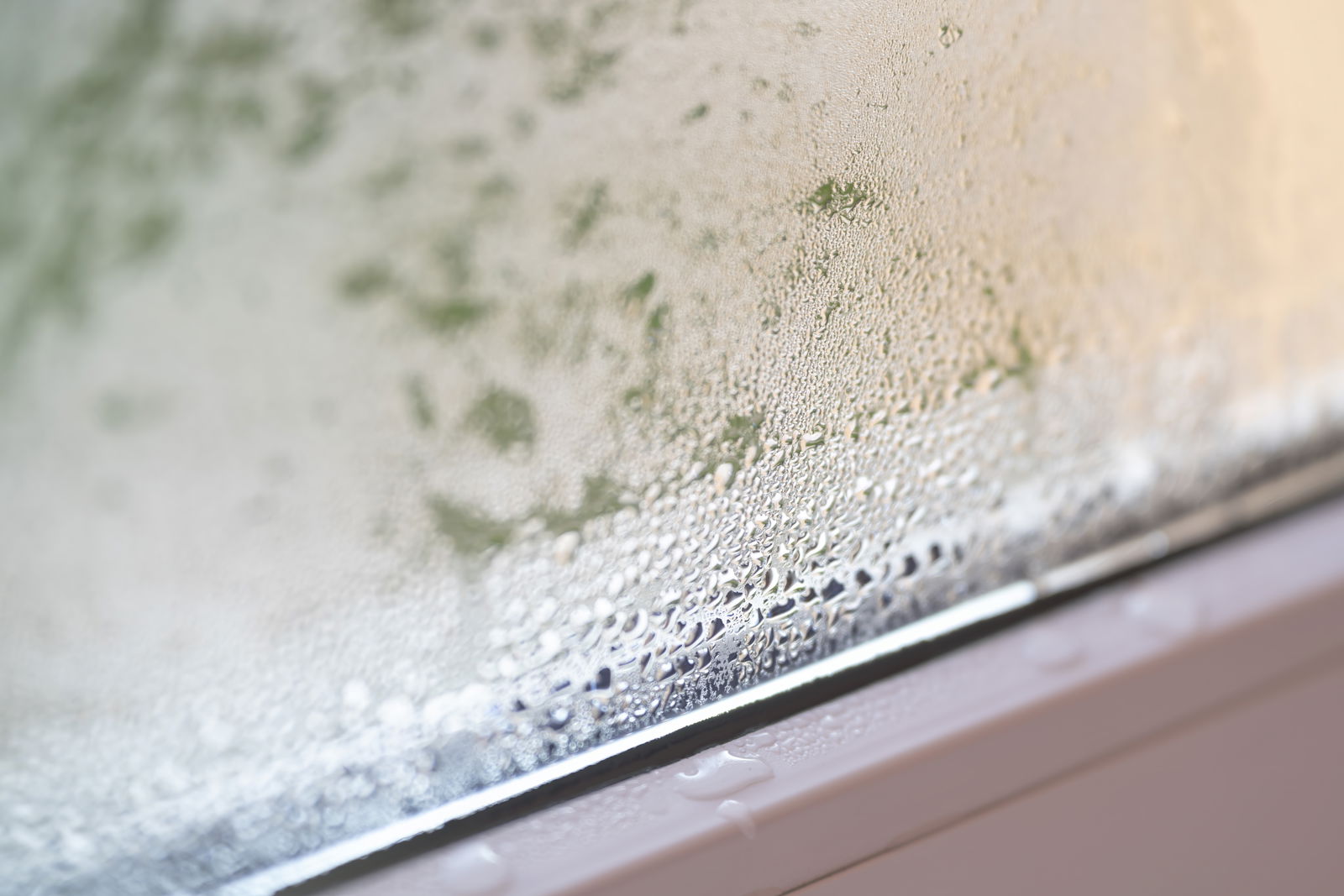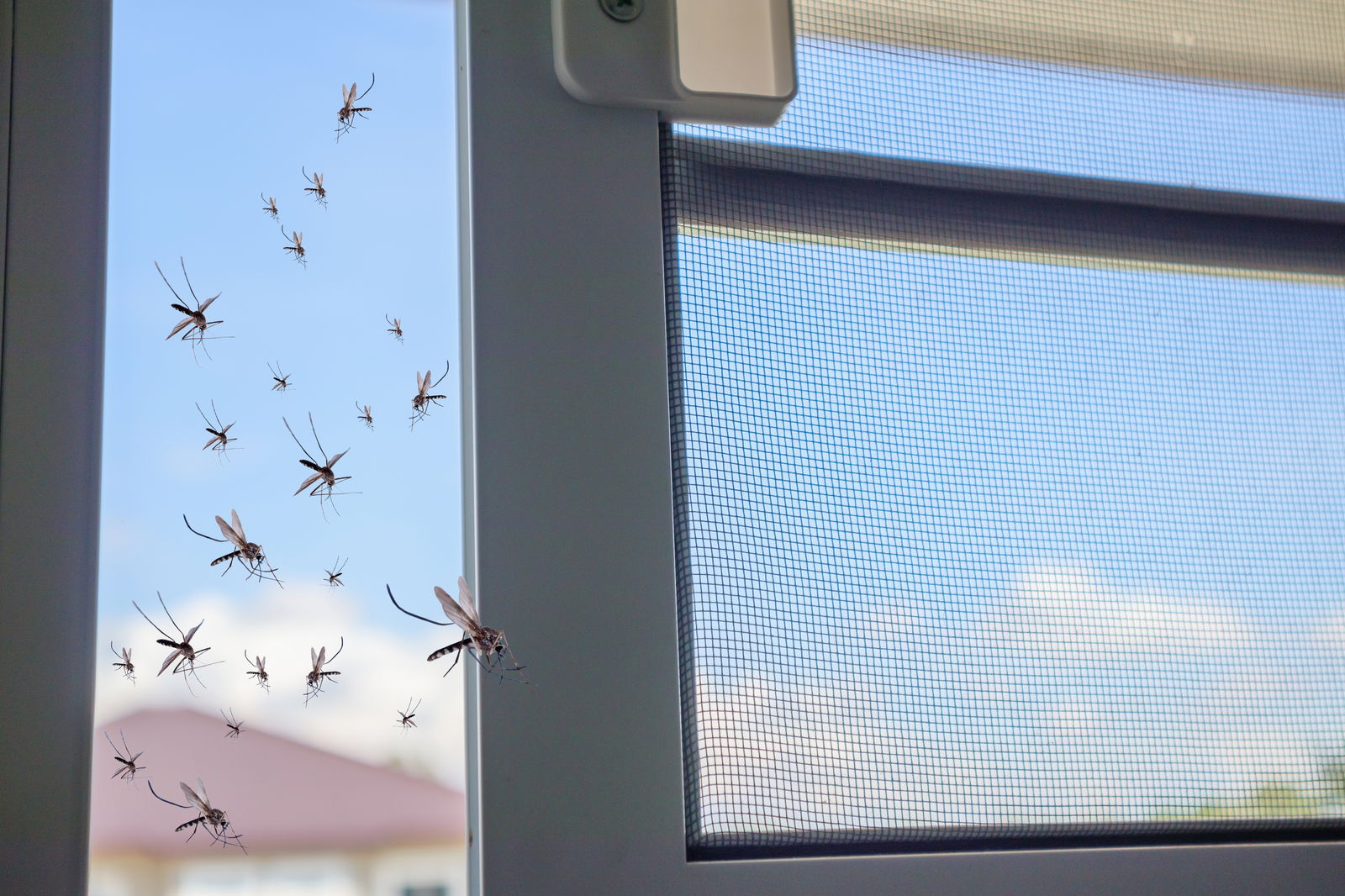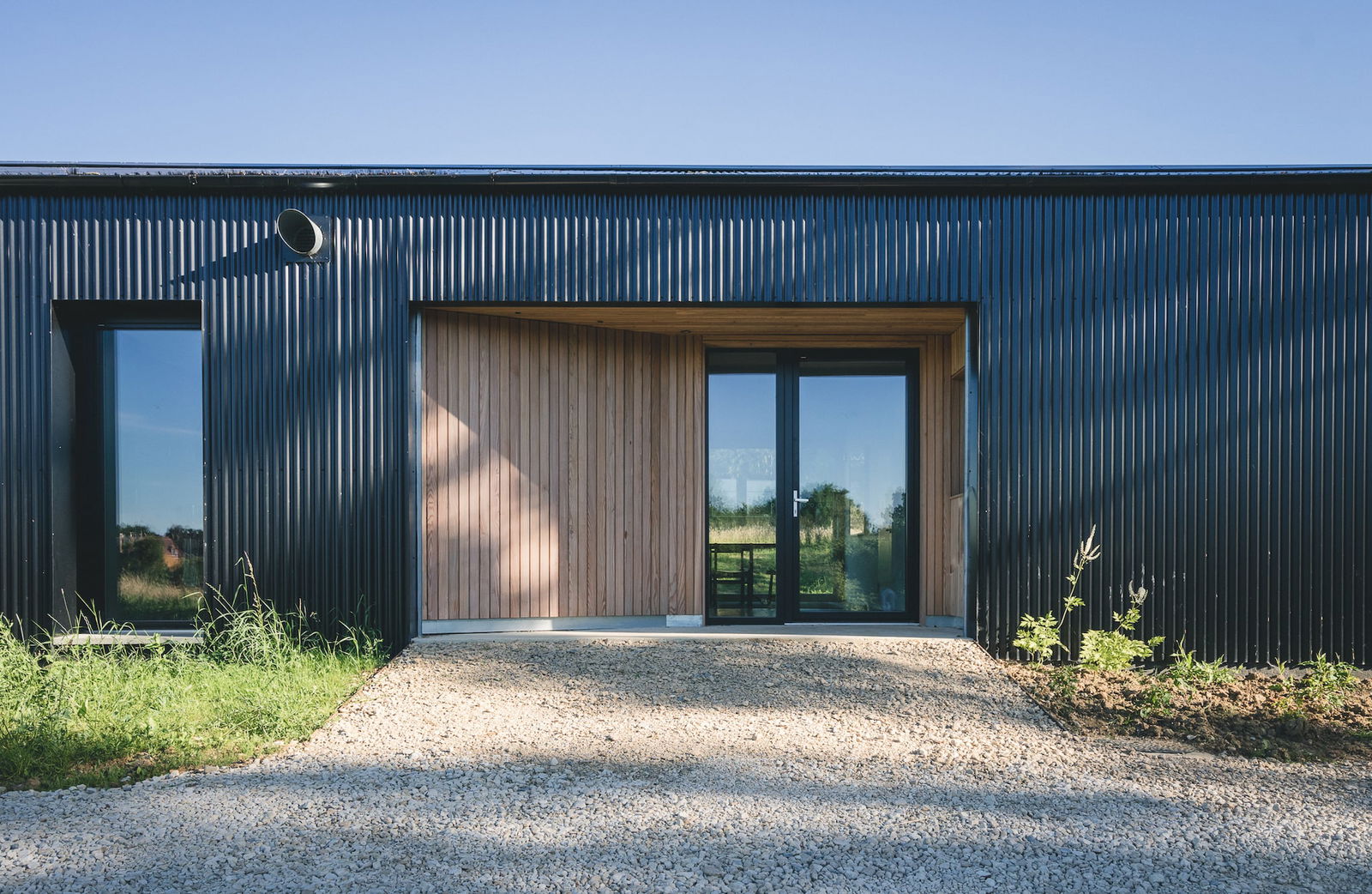1. Regular Cleaning: For Clear Views and Functional Longevity
Why it matters:
Keeping your windows clean isn't just about aesthetics; it helps them to operate smoothly without issues and ensures they last for many years to come. Furthermore, neglected windows can lose their sealing properties, resulting in a drop in thermal insulation. Therefore, it's highly recommended to service your windows frequently.
Cleaning Guidelines:
- Choose your cleaning products wisely: Avoid using cleaning products of unknown composition. If you're unsure about the effects of a cleaning agent, test it on an inconspicuous, concealed area. Remember, cleaning agents that promise impressive results without effort can often cause long-term damage.
- Outdoor surfaces need extra care: External surfaces are not only exposed to the weather but also to the increased effects of smoke, industrial fumes, and airborne dust. Deposits of these substances, combined with rain or condensation, can damage surfaces and affect their appearance. We recommend regular cleaning of the outside surfaces, depending on the degree of staining, to prevent long-term settling of deposits. The sooner stains are removed, the easier they will be to clean.
- Gentle cleaning for glass surfaces: Dirty glass surfaces, joints, and corners can be wet cleaned using water, a sponge, a cloth, etc. Common glass cleaners without abrasive agents can be added to the water. Persistent stains, such as paint or tar droplets, should be removed with methylated spirits, acetone, or petroleum ether. Glass surfaces should then be wet cleaned again.
- Avoid harsh cleaning methods: Metallic and abrasive items (e.g. razor blades, steel wool, cleaning fleeces) should never be used! Do not use alkaline cleaning lye, acids, or cleaning agents containing fluoride to clean glass surfaces.
Pro Tip: Always test new cleaning products on a small, concealed area first to ensure compatibility with the surface.
2. Seal & Gasket Care: Preserve Airtightness and Insulation
Why it matters:
Poor sealing can lead to energy loss and draughts. Every few months, it's essential to check your window seals for signs of wear and tear.
Seal Maintenance Instructions:
- Regular cleaning and lubrication: All gasket profiles should be cleaned and lubricated at least once a year to maintain their functionality. We recommend using a dedicated gasket care product. This product helps to preserve the pliability of the gasket and prevents it from becoming prematurely brittle.
- Gentle cleaning: Ensure gasket profiles are not damaged and do not come into contact with solvents. Generally, gaskets should only be cleaned with water and possibly a small amount of washing-up liquid.
- Permitted cleaning agents: Alkaline cleaning agents (soapy solutions) and mixtures of water and alcohol are acceptable. However, concentration, exposure time, and ambient temperature play an important role. Using a cleaner with too high a concentration could potentially affect the material.
- Prohibited cleaning agents: Cleaners containing chlorine or peroxides can damage the material over time or cause discolouration. Oils, greases, substances containing oil and grease, and petrol can lead to a cracked and unsightly appearance.
3. Lubrication of Hinges and Moving Parts: Ensure Smooth Operation
Why it matters:
Over time, dirt and dust can cause windows to become stiff and difficult to open or close. To keep them running smoothly, follow these simple steps.
Hardware Lubrication Tips:
- Regular inspection: All hardware parts should be checked at least once a year for tightness and wear and tear. If necessary, fixing screws should be tightened or faulty parts replaced.
- Lubrication is key: All sliding parts and movable hardware parts should be lubricated once a year using acid and resin-free grease or oil. Windows or doors that are used very frequently should be lubricated more often.
- Hardware: All moving parts should only be exposed to care and cleaning agents that do not compromise the corrosion protection of the hardware parts.
- Avoid spray oils unless specified by the manufacturer, as they can attract dust or damage coatings.
4. Preventing Condensation and Mould Growth
Excess moisture around windows can lead to mould growth and wood rot.
To keep your windows dry and free from these problems, try these steps:
- Condensation Use a dehumidifier in rooms that are prone to condensation.
- Sunlight is your friend: Keep curtains and blinds open during the day to avoid trapping moisture.
- Clean the air: Consider using an air purifier to remove pollutants and allergens from the air, particularly in areas prone to condensation.
5. Check for Damage: Early Detection = Cost Savings
Signs to look for:
- Condensation between panes: Indicates failure in sealed glazing unit.
- Loose hardware: Make sure all hardware is secure, as loose fittings can affect security and functionality. Tighten screws and replace damaged locks or hinges.
- Glass damage: Check for any cracks or condensation between the panes of glass. Replace the glass if necessary.
- Cracked seals: Replace cracked seals promptly to prevent further damage and water ingress.
Have your installer inspect and address issues under warranty if still applicable.
6. Tailored Maintenance by Frame Material
Timber-Aluminium Frames (e.g., Internorm HF410, HF510):
- Gentle cleaning: Use mild cleaning products like diluted washing-up liquid or soapy water to clean the inside timber surfaces. As the interior surfaces are protected from the weather, coating is not usually necessary.
- Avoid harsh cleaners: Don't use abrasive, acidic, or solvent-based cleaning products.
- Protect the finish: Use only soft cloths to avoid scratching the paint surface.
- Cleaning glass and frames: Window cleaning products containing small amounts of alcohol and ammonia are suitable for cleaning both the glass panes and the internal timber frame.
uPVC or uPVC-Aluminium Frames (e.g., KF410, KV440):
- Avoid harsh cleaners: Avoid harsh, aggressive, or dissolving cleaning agents. Also, avoid cleaning in direct sunlight.
- Persistent dirt: For stubborn dirt, use standard household cleaning agents based on tensides.
- Suitable cleaning agents: Washing-up liquid; mild, neutral universal cleaner; alcohol-free glass cleaner; clear water.
- Unsuitable cleaning agents: Abrasive agents or chemicals such as acetone, petrol, acetic acid, nail varnish remover, alcohol, or similar (including those present in cleaners); cleaners with orange/lemon scents; ammonia or sulphurous agents.
- Rinse thoroughly: Rinse window frames, including gaskets, with clear water. If a mixture of dirt, cleaner, and water remains on the frame, the water will evaporate, leaving behind a residue that can damage the surface.
Powder-Coated or Anodised Aluminium:
- Regular care: To maintain the appearance and reduce corrosion, clean and conserve these surfaces at least twice a year.
- Cleaning frequency: Shorten the cleaning intervals if the surfaces are heavily stained.
- Cleaning conditions: Do not clean surfaces in direct sunlight. The surface temperature should not exceed 25°C. Use suitable cloths that won't scratch the surface. Avoid vigorous scrubbing.
7. Recommended Maintenance Tools & Products
Pre-cleaning: Before applying special cleaning or conservation products, remove existing stains with clean water, possibly with small amounts of neutral cleaning agents (pH 5-8), such as washing-up liquid at normal concentration. The cleaning solution should not be warmer than 25°C. Do not use steam cleaners.
8. Quick Maintenance Checklist
| Task | Frequency | Products |
|---|---|---|
| Clean glass and frames | Monthly | Mild detergent, cloth |
| Inspect seals/gaskets | 2x per year | Water, gasket balm |
| Lubricate hardware | Annually (or more) | Acid-free lubricant |
| Inspect for damage | Quarterly | Visual + functional checks |
| Clean powder-coated surfaces | Bi-annually | pH-neutral cleaner |
Final Thoughts from the AT-ECO Team
Maintaining your Internorm (or equivalent high-performance) window system doesn’t have to be complicated—but it must be thorough. Proper cleaning, timely lubrication, and regular inspections dramatically extend product lifespan and protect your investment.




























